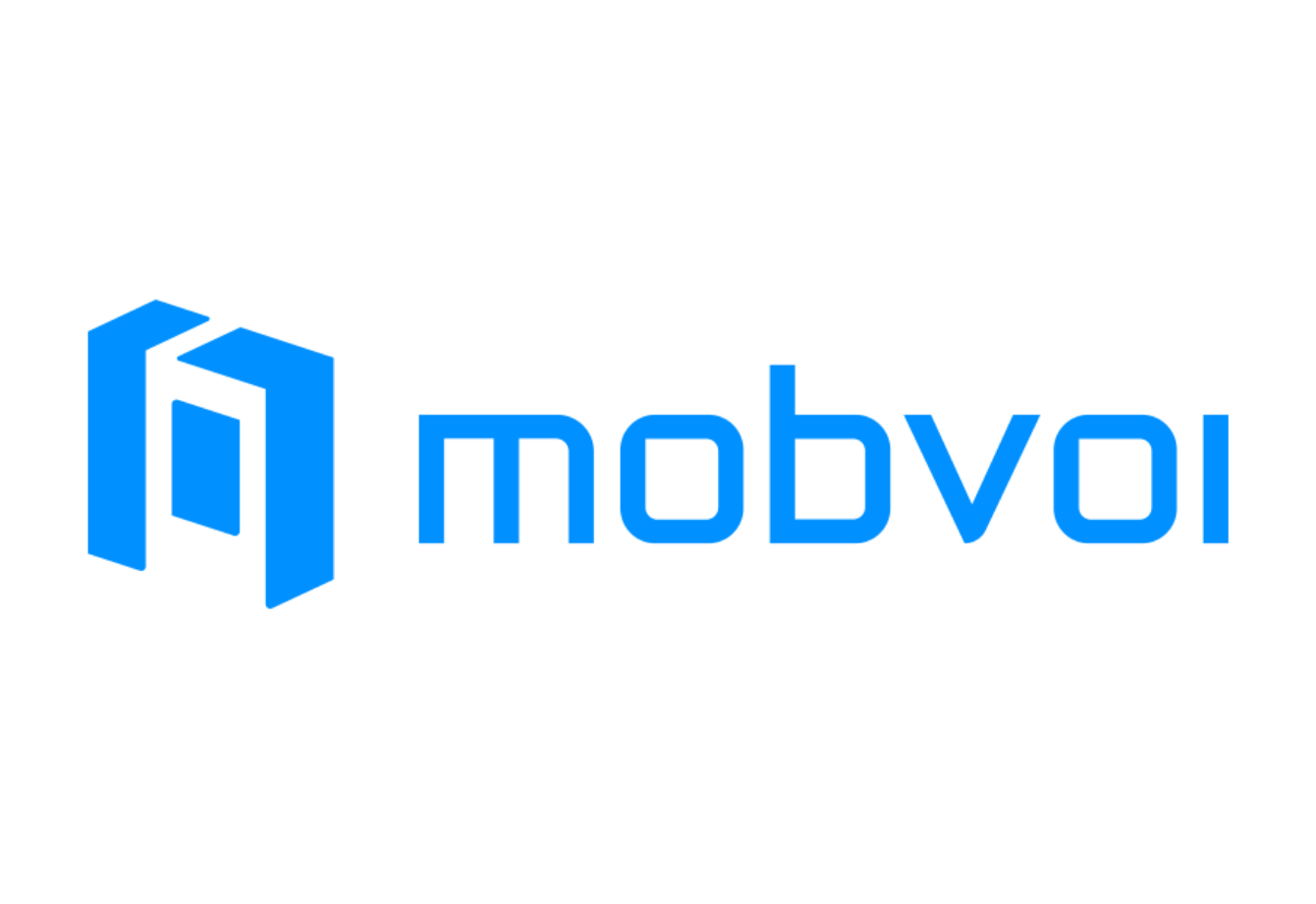Interview Source: Little Black Book
Compassion is always in demand and everything is solvable.
Our Head of Production, Penny, recently had a chat with our friends at Little Black Book about her thoughts on the future of production. Check out her insights below!
What advice would you give to any aspiring producers or content creators hoping to make the jump into production?
At the very core, producers are organisers who are able to balance knowledge with compassion. As with any entry job into our industry, the key for an aspiring producer is to be really present and to willingly put yourself in situations where you can help out and learn.
My number one piece of advice is to ask questions. Every client, brand, agency or studio will have their own set of acronyms and jargon and it’s impossible to know them all from the get-go. Don’t be afraid to ask questions, at any stage of your career. No question is stupid.
What skills or emerging areas would you advise aspiring producers to learn about and educate themselves about?
The obvious answer is AI! I’ll admit I don’t know enough about it yet, but I think we should all be learning about how it can help us rather than threaten us. The speed at which AI tools are developing can only benefit us in terms of efficiency and more creative approaches to production.
What was the biggest lesson you learned when you were starting out in production – and why has that stayed with you?
Your network is everything. Having a reliable network of people with varied skillsets is crucial in production, so keeping that in mind from day one is important. You may find a few mentors along the way as well.
And crucially, everything is solvable. A huge part of production is problem-solving – remember that everyone is working towards the same goal so don’t be afraid to ask for help or more time if you need it. Remember to keep things in perspective.
When it comes to broadening access to production and improving diversity and inclusion, what are your team doing to address this?
At Wonderhatch, we’re incredibly passionate about the importance of championing diversity and inclusion and about making sure underrepresented voices get heard. We’ve seen first-hand that an inclusive culture not only makes us a better agency, but also leads to stronger creative ideas and better results for our clients.
We’re also not big on hierarchy. In fact, we recently took our entire team to Cannes Lions, which we felt was the perfect event to expose our team to – the festival’s commitment to diversity, inclusion and its celebration of unlimited creative possibilities really resonates with our own mission. We’re really excited to continue on this journey.
And why is it an important issue for the production community to address?
It’s an important issue for every industry because quite simply, representation matters. A diverse team and approach to production ensures that different perspectives, experiences, and cultural backgrounds are represented in the creative process. This leads to more authentic and relatable content that resonates with more audiences who expect to see themselves represented accurately in the content they consume.
For us at Wonderhatch, it’s a no brainer and we are fully committed to creating an inclusive workplace culture and exposing our team to diverse environments that accurately represent life.
There are young people getting into production who maybe don’t see the line between professional production and the creator economy, and that may well also be the shape of things to come. What are your thoughts about that? Is there a tension between more formalised production and the ‘creator economy’ or do the two feed into each other?
There shouldn’t be! From my perspective, they are different but also the same. We’re all producing content for consumers, it just depends on the particular group you’re trying to reach.
From a creative point of view, the important thing is delivering the brand’s message. Formalised production and content that comes out of the creator economy provide two different access points, but often for the same message. For example, a brand can use both to effectively convey their message to different audiences. All producers should be looking at how we can use both outputs to strengthen our storytelling ability. There’s space in the industry for both and I think they can learn from each other.
If you compare your role to the role of the heads of TV/heads of production/executive producers when you first joined the industry, what do you think are the most striking or interesting changes (and what surprising things have stayed the same?)
Interestingly I didn’t come into this position via the typical trajectory, which has a lot to do with the independent nature of our agency. While this can sometimes bring about an element of imposter syndrome, I see it as a blessing.
Because I regularly work with more junior producers, the idea of hierarchy sort of goes out the window. As our industry continuously changes, many of the junior producers we come across now are highly experienced in their own right, through the creator economy. One of the biggest changes I see is the growing opportunity for senior producers to learn from juniors, where perhaps the concept of hierarchy may have gotten in the way of this previously.
When it comes to educating producers, how does your agency like to approach this? (I know we’re always hearing about how much easier it is to educate or train oneself on tech etc, but what areas do you think producers can benefit from more directed or structured training?)
At Wonderhatch, every team member has access to any training they are interested in over the course of the year. We recognise that structured training isn’t suitable for everyone, so we treat each producer as an individual to figure out how they learn best.
While some prefer formalised courses, others really benefit from exposure to different projects and directors. For example, one of our producers came to us with an opportunity to work on a project presented to her by a director we had previously worked with, which we were thrilled for her to get involved with. It’s about offering an individualised and tailored approach to education.
It seems that there’s an emphasis on speed and volume when it comes to content – but where is the space for up and coming producers to learn about (and learn to appreciate) craft?
As above, it’s about offering producers the access and ability to expose themselves to a variety of projects and people. Don’t be afraid to go out and find creative opportunities to learn, and your team will support you. It’s not always about formalised courses.
Additionally, many films and projects release behind the scenes footage. Paying attention to BTS and credits can teach a lot.
On the other side of the equation, what’s the key to retaining expertise and helping people who have been working in production for decades to develop new skills?
The key is the same as for newcomers: always be willing to learn and never stop asking questions. The industry is constantly evolving, and staying curious and open to new knowledge is essential. Never get too cocky!
Clearly there is so much change, but what are the personality traits and skills that will always be in demand from producers?
Compassion is always in demand. On-site, you’re managing a room of different personalities and needs, so a generally positive outlook is essential. Remember, everything is solvable.
While AI may be able to assist with schedules and post-production tasks, you need people to look out for and get the most out of others on set. Ultimately, it’s a people job, and compassion is the most important trait.
Penny Harrison boasts over 15 years of production experience, beginning with a focus on photographic, photo marketing and experiential production. Through a merger which led to the formation of what we now know as Wonderhatch, Penny moved into the head of production role, leading the production team with passion and expertise across both film and photographic campaigns.
With a particular focus on Wonderhatch’s luxury property portfolio, she’s a real all-rounder with a varied skillset across production, client handling and sales. No project is too complex for Penny, whose energy and dedication drive excellent outcomes every time.








